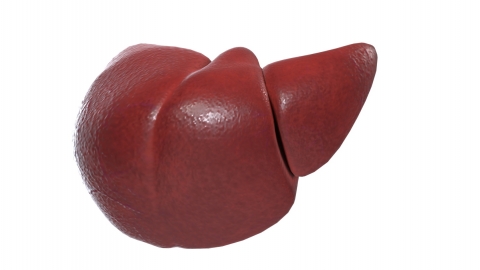What does it mean if urea levels are low?
Low urea levels may be caused by insufficient protein intake, excessive water consumption, strenuous exercise, hepatitis, or tubular dysfunction. Management depends on the specific situation. It is recommended to seek timely medical consultation to identify the underlying cause and follow medical advice accordingly.

1. Insufficient protein intake: Inadequate consumption of protein-rich foods such as meat, legumes, and eggs in the daily diet can lead to a lack of raw materials necessary for urea synthesis, resulting in reduced urea production and lower measured levels. Adjust the dietary structure by increasing intake of protein-rich foods to ensure balanced nutrition.
2. Excessive water intake: Drinking a large amount of water in a short period causes the kidneys to accelerate urine production and excretion to maintain the body's water balance, diluting the concentration of urea in the blood and resulting in low urea levels during testing. Reasonably control daily water intake, typically around 1500-2000 mL per day, avoid excessive water consumption within a short time, and drink in small amounts frequently.
3. Strenuous exercise: Intense physical activity accelerates the breakdown of amino acids in muscles, reducing urea production. During exercise, increased demand for amino acids by muscles leads to faster breakdown, thereby decreasing the ammonia supply used for urea synthesis. It is recommended to rest adequately, ensure sufficient sleep, plan exercise volume reasonably, and avoid excessive fatigue.
4. Hepatitis: The liver is an important organ for urea synthesis; damage to liver cells caused by viral infection, long-term alcohol abuse, or other factors can lead to impaired liver function and reduced urea synthesis capacity, resulting in decreased urea levels. This is often accompanied by symptoms such as fatigue, poor appetite, and jaundice. It is recommended to use medications such as compound glycyrrhizin tablets, polyene phosphatidylcholine capsules, and silymarin capsules under medical guidance to improve liver function.
5. Tubular dysfunction: Various factors causing abnormal reabsorption function of the renal tubules result in reduced reabsorption of urea, increasing urea excretion in urine and lowering blood urea levels. This may be accompanied by symptoms such as polyuria, nocturia, and electrolyte disturbances. Patients may follow medical advice to use medications such as Bailing capsules, Shenshunning granules, and sodium bicarbonate tablets for treatment.
In daily life, maintain a bland diet and avoid spicy or irritating foods such as garlic, hot pot, and mustard. Ensure adequate rest and avoid excessive fatigue to prevent adverse effects on overall health.
References:
[1] Yang Xunjun, Chen Xiaotong, Ni Li, et al. The application value of combined detection of urea, α-L-fucosidase, and alpha-fetoprotein in the progression of chronic hepatitis B to cirrhosis and hepatocellular carcinoma[J]. Chinese Journal of Health Laboratory Technology, 2020, 30(17): 2095-2098.
[2] Zhao Yilin, Wang Wei, Feng Shujia. The value of combined detection of serum cystatin C, creatinine, and urea in the diagnosis of diabetic nephropathy and prediction of renal function impairment[J]. Medical Information, 2024, 37(09): 141-144.




